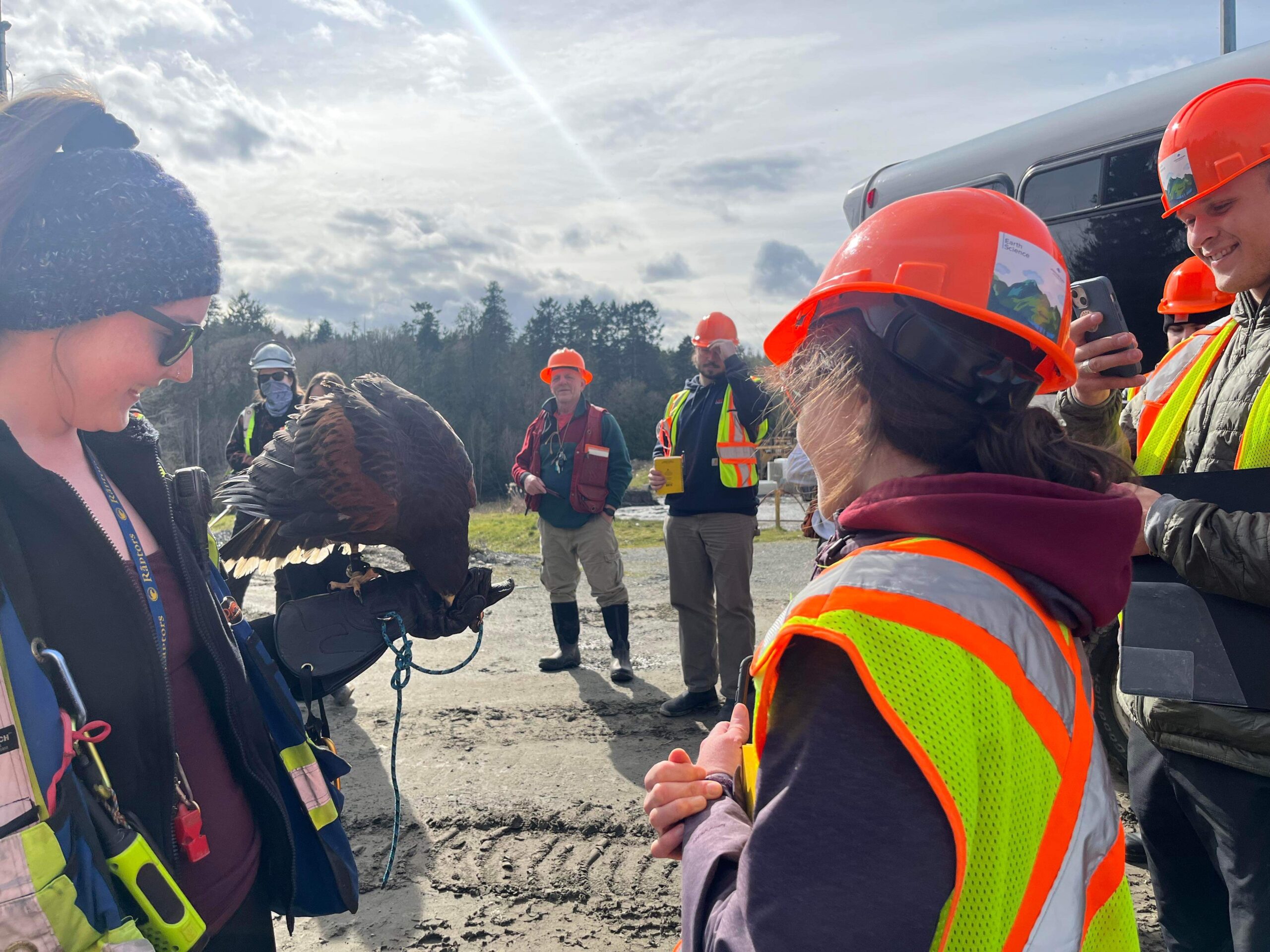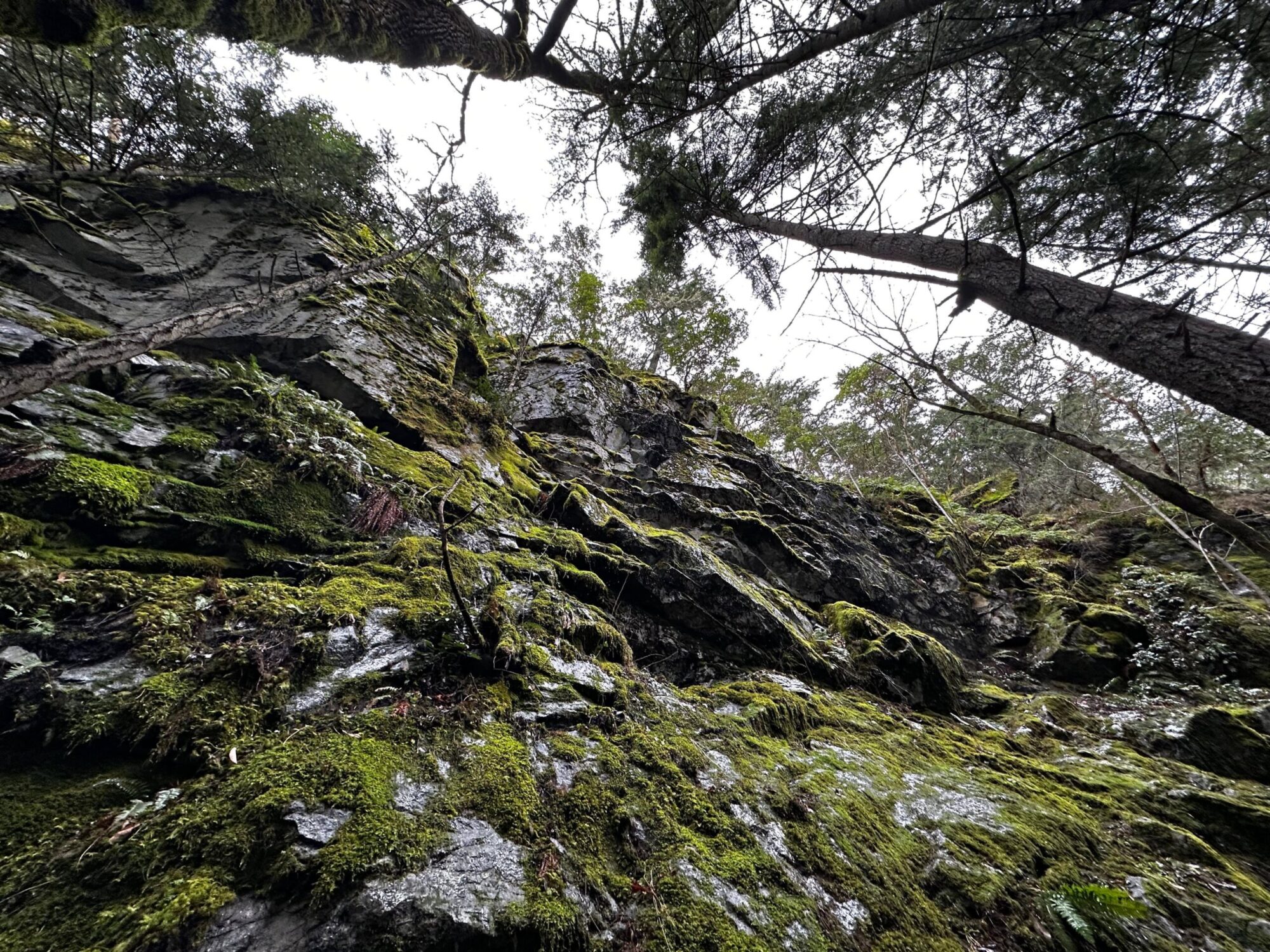
Final Blog Post
April 12th, 2024
This semester for me was bitter sweet, as I am at the end of my undergraduate degree after four and a half years at Vancouver Island University in the Geoscience Major. The Environmental Geology class was truly beneficial for me as I am planning a career in an environmental field and this class focus on so many aspects to take into accounts when making decisions as a future environmental geoscientist (not just rocks), or as a professional in environmental policies. Through seven field trips, class activities and lectures I felt more confident to undertake a career in this field. The course covered multiple aspects with the following goals:
- Studying the earth’s surface, oceans, and atmospheres to better understand issues related to interconnectivity between land, water, air, and biota.
- Identifying, assessing, and mitigating the impacts that geological hazards have on humans.
- Assessing and managing surface water and groundwater to ensure sufficient supply of clean water.
- To understand how and when there is contamination of water, and also flooding and droughts.
- Managing domestic, industrial, and mining waste in a geological context to consider disposal techniques, minimize contamination and the dispersal of pollutants, along with issues related to recycling.
- Investigating fossil fuels (coal, oil, gas, conventional & unconventional) and alternative energy (nuclear, hydro, solar, wind, tidal & run-of-river) in terms of efficiency, power output, costs and environmental impacts including carbon emissions.
A Career in Environmental Policies?
I have spent four and a half year studying science with the personal ambition to help somehow solving environmental problems, but this last year of studying really opened my eyes on the importance of policies to solve those issues. Through the climatology class and the environmental geology class I realized that environmental problems are very strongly linked to social dynamics and politics, and I am now considering pursuing a master in environmental policies in the United Kingdom, or teaching. In many field trips completed in GEOL 312, the geoscientists or experts knew the local issues but the politics and public were slowing down the effort to implement those changes (legally, budget, etc.). For example at the landfill, flaring of methane was an excellent mitigation technique to reduce emissions of greenhouse gases but the product of flaring was wasted, because old business contracts from potential buyers of this product (FortisBC) was slowing down their capacity to do so. Globally, if we are serious about curbing the worst effect of climate changes, many policies must be adapted to help scientists reduce anthropogenic greenhouse gases emissions and negative impacts from anthropogenic activities., not impede them. Additionally, I am a little seduce by the idea of wearing a wig (see Figure 1) in the UK (should I work in policies there).

Figure 1. A symbol of power and respect for the law, in the UK.
